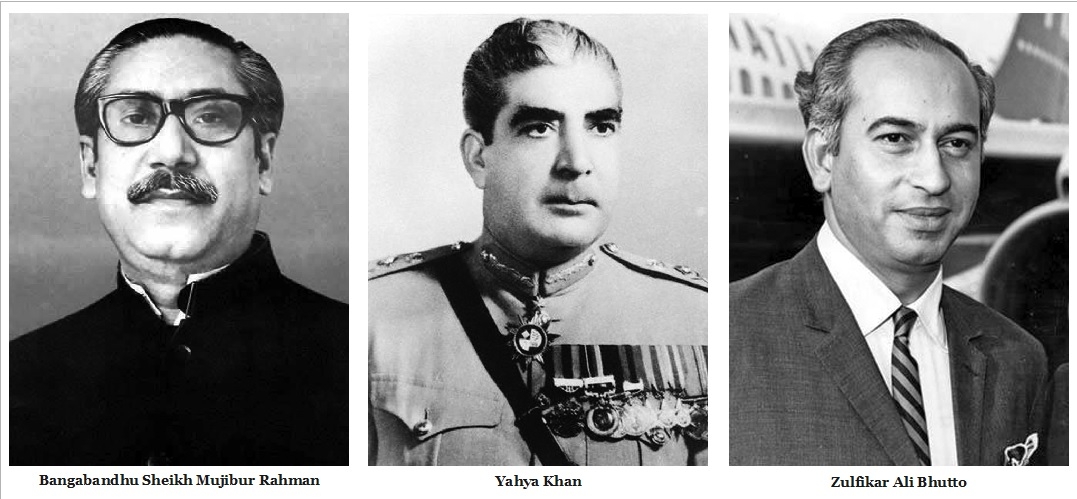
This year marks the 50th anniversary of the deepest self-inflicted wound on the Pakistani psyche and territory. However, have the powers that be in Pakistan, learned any lesson from 1971.
According to former editor of Dawn, Abbas Nasir, “nothing much has changed; we are still to accept the primacy of democratic institutions; of those elected in (relatively) free and fair elections to govern without having to constantly look over their shoulder, to second-guess those who consider themselves the real arbiters of power.”
Five and half years after the 1971 “tragedy rooted in the denial of a popular mandate, an elected civilian prime minister was forcibly removed from office and later executed after a trial that some of the judges, who heard the case at the appeals level, themselves described as a travesty.”
Nasir lays out how during the 1990s “There were four elections whose only object seemed to be to block the elected governments from functioning or taking decisions, as there were wiser heads elsewhere and they had to call the shots. This is not to say the politicians did not contribute to their own downfall.”
A few years ago, Nasir points out when “a prime minister, chastened by his follies of the 1990s “had the cheek to remind the wise and the bold that it was his constitutional, legal and moral right to make key policy decisions. How dare he? What he wanted done in 2016 was recognised as the right decision five years later under immense international pressure.”
Nasir goes on to state that today, “those with any cred remaining in the media are more or less irrelevant, hanging on for dear life by their fingernails; the others are thriving and unashamedly, un-embarrassingly acting as weathercocks. You only look at them to ascertain which way the wind is blowing. In today’s 24X7 news media’s multiple-channel world one would have expected far more introspection of a professional and balanced depiction of reality, of warning against serious perils and pitfalls that threaten our very existence. Instead, what we have is a lot of window dressing.”
Nasir ends by stating that “All of us have collectively created the mess we find ourselves in today.”
![]()





